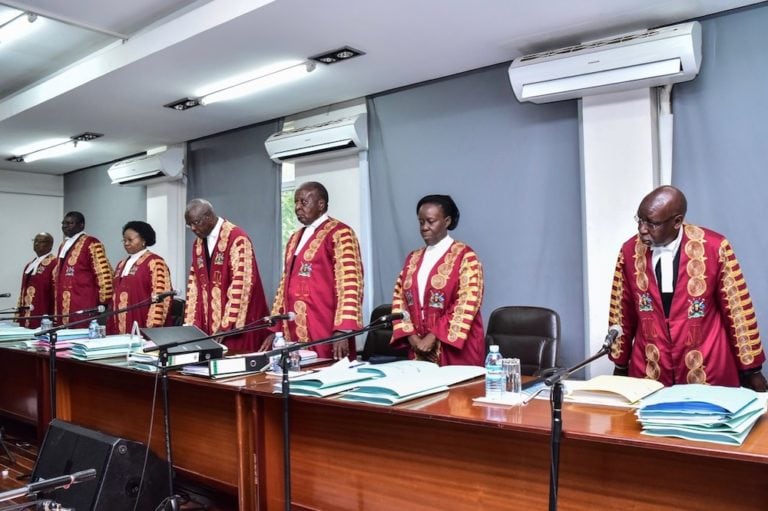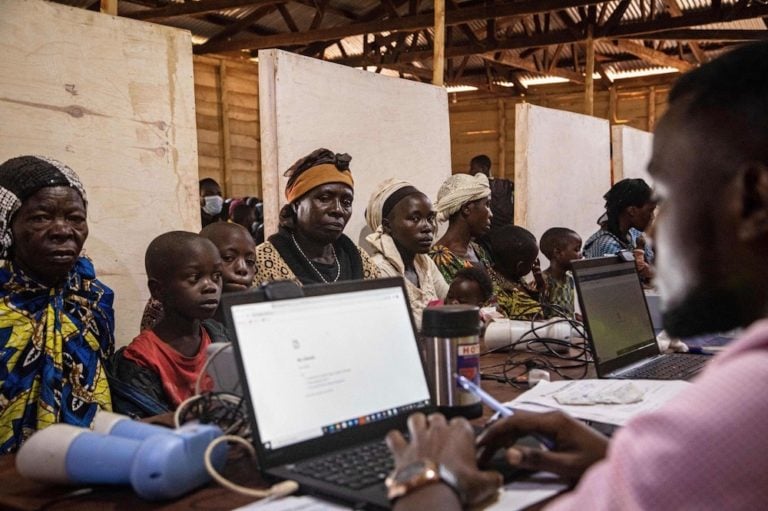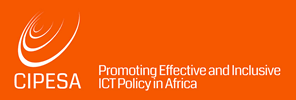Articles by Collaboration on International ICT Policy for East and Southern Africa (CIPESA)

Tackling gendered disinformation in Uganda
Uganda digital rights group HER Internet convened an interactive dialogue for women to share their personal experiences and to look into mitigation strategies against online attacks and gendered misinformation.

Uganda’s Computer Misuse Act remains “key impediment to freedom of expression”
Uganda’s Constitutional Court outlaws Section 25 of Uganda’s controversial Computer Misuse Act for its violation of civil liberties and contravention of constitutional guarantees.

Balancing Africa’s digital economic boom with digital rights
The exponentially growing digital economy is transforming people’s lives on the Africa continent. This positive must also buttress protecting citizens’ digital rights and privacy.

Regional training anchored on ROAM-X indicators
UNESCO is encouraging African countries to pursue a ROAM-X assessment as a tool to evaluate developments in technology.

African Union Data Policy Framework could enhance media rights
CIPESA notes that the Policy Framework is beneficial to data governance, data rights and privacy in Africa. However, its implementation is likely to come up against notable challenges.

More African governments using technology to advance political interests
Some African governments are colluding with tech companies to expand their repression through digital technologies while stripping citizens of their online and offline rights.

AI needs to be regulated to protect peoples’ rights
Alt Advisory cautions that the use of artificial intelligence to build a profile of people based on their personal information is “a central feature of surveillance capitalism, and yet mostly shrouded in secrecy.”

Uganda’s parliament passes draconian law despite strong objections
Submissions on the implications on freedom of expression and privacy fell on deaf ears, as Uganda’s parliament passes what CIPESA describes as a regressive law on the misuse of social media and hate speech.
